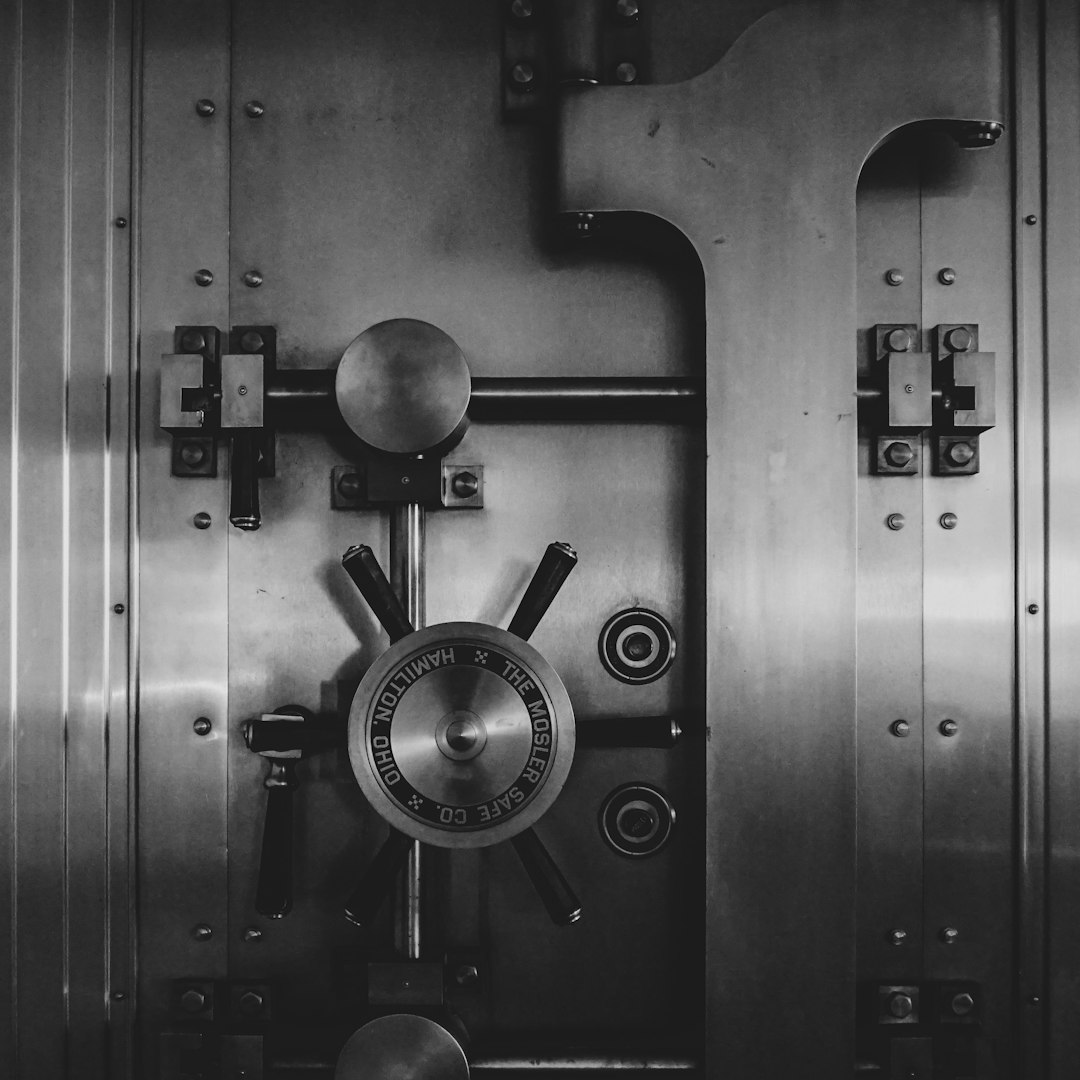Can banks end the achievement plateau?
Systemic issues only seem important when they involve wealthy interests.

On Friday, the 17th-largest bank in the United States got taken over by state regulators. Silicon Valley Bank (SVB), famous for being a cash parking lot for tech startups, got gobbled up by a bank run. A stock that was worth $597.16 a share at one point in the last year, is now worth nothing.
Ever since I opened my first account at Mellon PSFS, I remember seeing the FDIC sign on the door of every bank. It said my money was protected by the “full faith and credit of the United States government” — as long as I didn’t deposit more than $250,000. Reliant for income at the time on the tooth fairy, Easter egg hunts, and my birthday, I didn’t think that’d be an issue.
For many a tech company, though, the SVB bank run was an issue. About $8 billion of SVB’s $173 billion in deposits exceeded that insured limit. That was enough to prompt many politicians, wealthy individuals, and others on Twitter — both Republicans and Democrats — to call for all depositors to be made whole. Anything less, they said, would lead to systemic economic issues and widespread financial doom.
Even though some disagreed with that prediction, in less than 72 hours the federal government had mobilized and found a way to ensure that all deposits beyond the insured threshold of $250,000 would be “made whole.” Taxpayers won’t foot the bill, we’ve been told. At worst, I’m skeptical. At best, I understand tax dollars to pay the salaries of the thousands of government officials who worked on this deal, rendering that statement inaccurate.
It’s astonishing how willing we are to leverage the power of the collective — be it banks or taxpayers — to prevent “systemic” problems that might result from the downfall of institutions that benefit wealthy individuals.
If only we were as willing to leverage the power of the collective to prevent other systemic problems that result from the underfunding of institutions that benefit the poor and working class.
In 2013, the US Department of Education estimated it would cost nearly $200 billion to bring all school facilities to good standing. Has that been “made whole?”
The School District of Philadelphia suffered several massive budget deficits in the late 90s ($200 million), early 2000s ($73 million), and mid 2010s ($695 million). The latter led to the layoff of over 3000 district staff members. It’s likely the underfunding of the district has caused numerous systemic problems — violence, racism, poverty, physical and mental health challenges for the students it was serving during those many decade. The district and those children still have not been “made whole.”
The water system in Jackson, MS continues to be unreliable and possibly tainted with poisonous lead. In 2017, Hurricane Harvey destroyed the homes of thousands in Houston who lacked flood insurance. I haven’t yet seen a clamoring on Twitter for the federal government swoop in and guarantee they all be “made whole.”
Our collective ability to avoid collective solutions to systemic problems that don’t line the pockets of wealthy individuals is, at best, disappointing. At worst, it’s downright despicable. Writing in Monday’s Wall Street Journal, columnist Andy Kessler grossly opined, “In its proxy statement, SVB notes that besides 91% of their board being independent and 45% women, they also have “1 Black,” “1 LGBTQ+” and “2 Veterans.” I’m not saying 12 white men would have avoided this mess, but the company may have been distracted by diversity demands.” Systemic financial ruin = real, systemic racism = fake. You see the pattern.
I believe in the power of the collective. I believe in systemic issues. Though I’m not a die-hard advocate of this, I don’t mind if all the SVB depositors who made uninsured deposits get their money back. I just want something in return.
I want us to believe that the power of the collective can dismantle systemic racism as effectively as it can prevent financial ruin for tech startups. I want us to believe that the systemic underfunding of school systems and the neighborhoods they serve has also had catastrophic consequences: addiction, homelessness, surging violence — entrenched poverty and all the fixings that come with it.
On Monday, President Biden pledged to do “whatever is needed” to uphold the banking system. "Your deposits will be there when you need them," he said. Now if he would just replace “banking” with “public education” and “deposits” with “schools,” I think our country might be “made whole.”
Thanks for reading. Have a great week.
